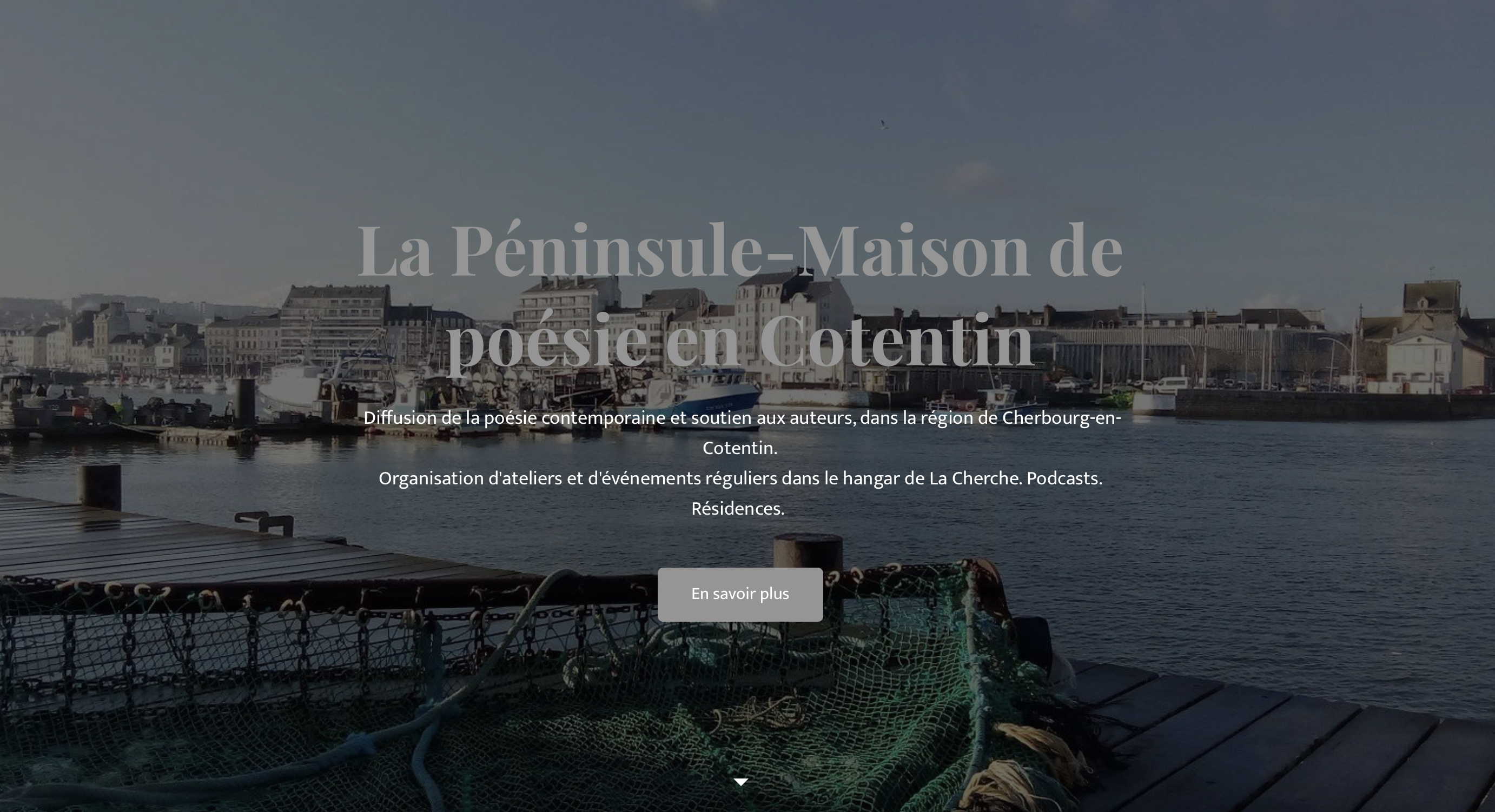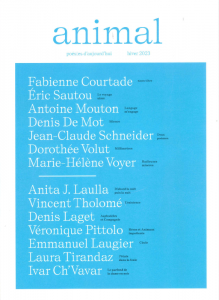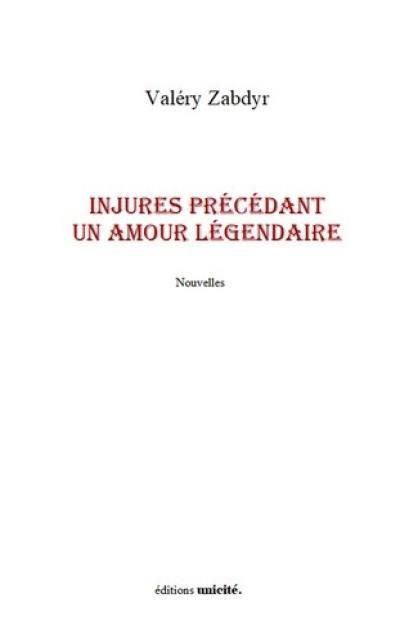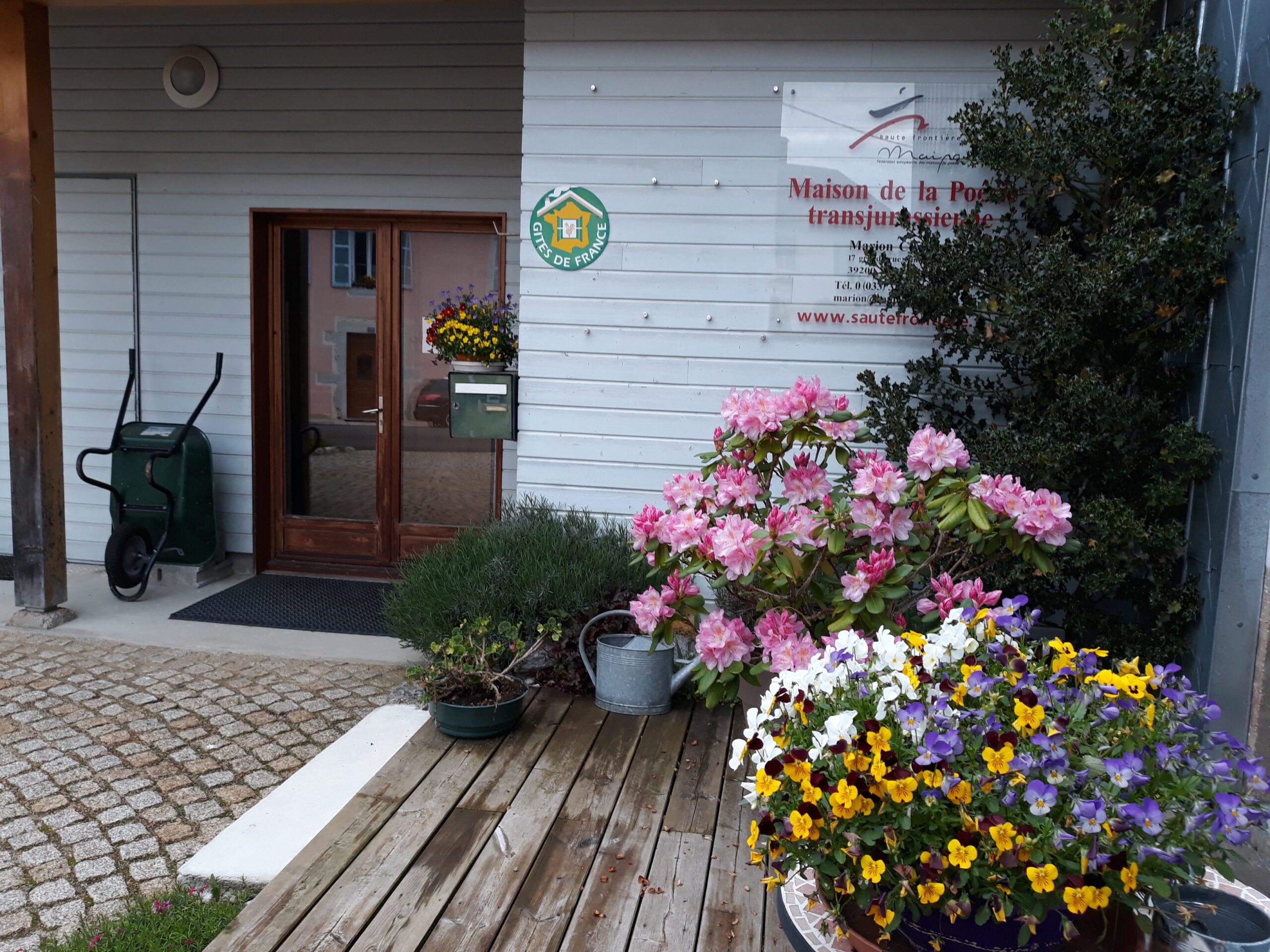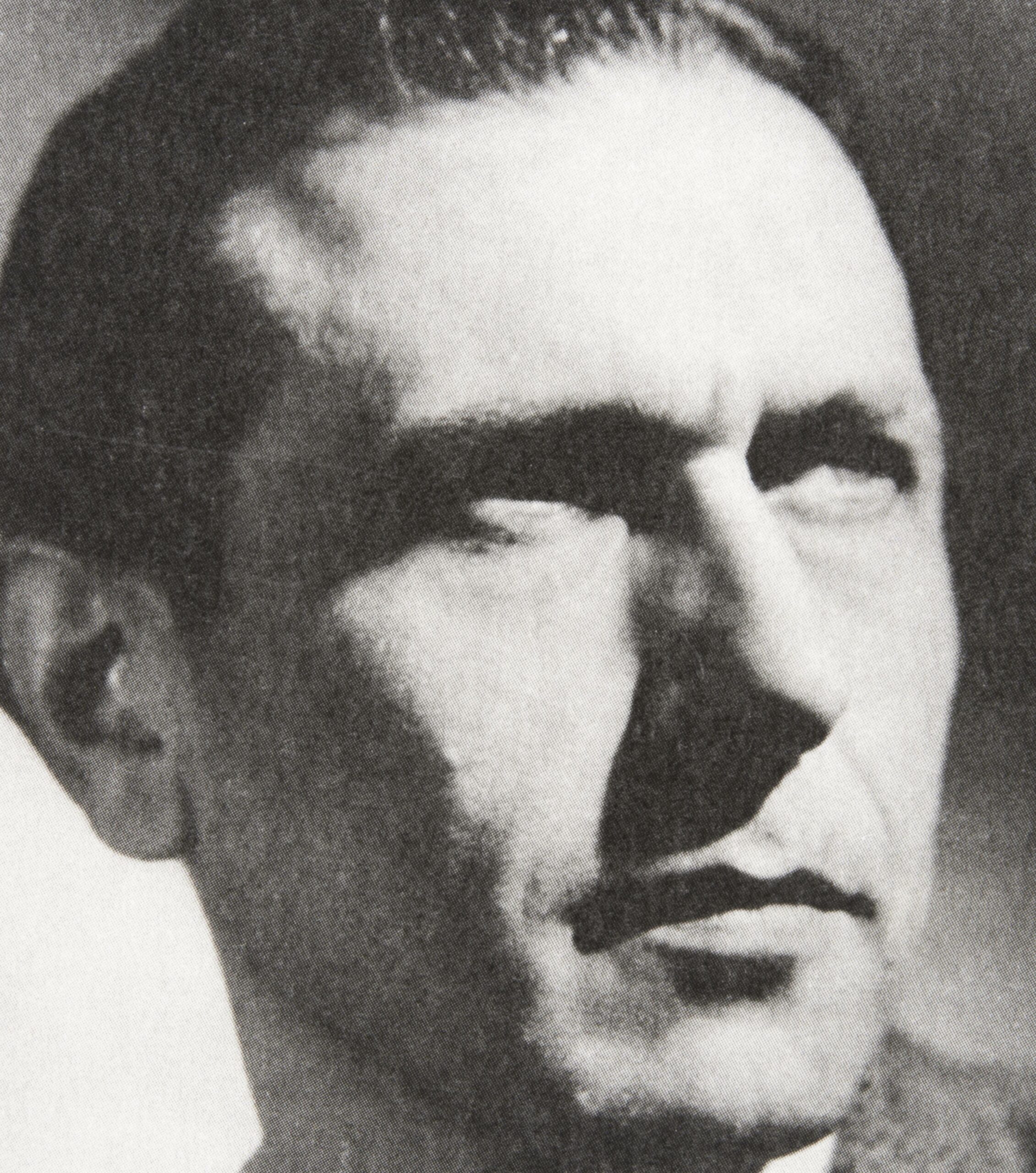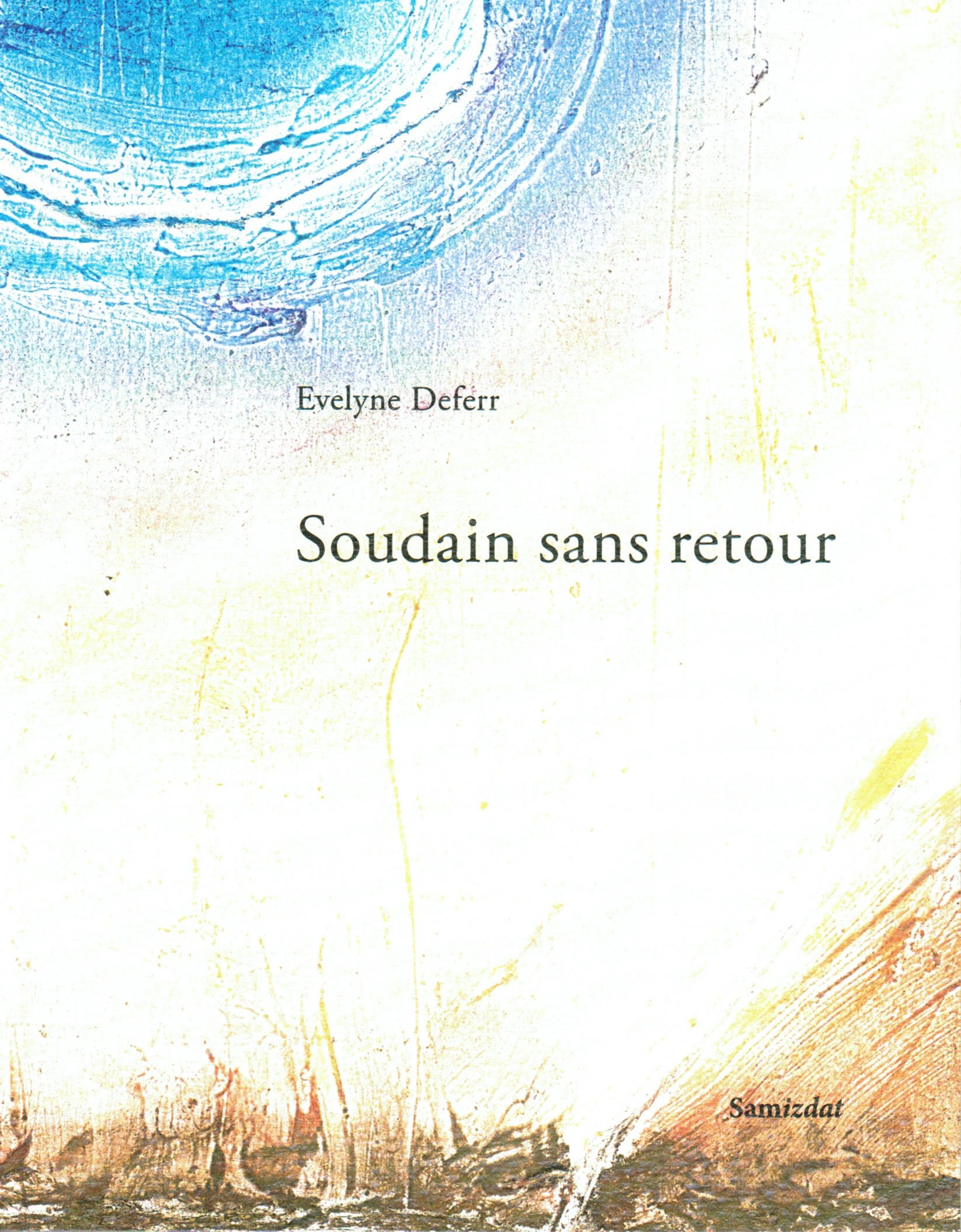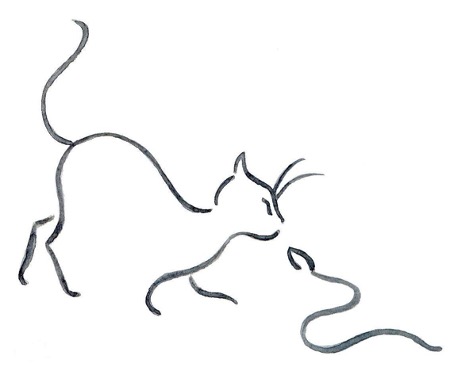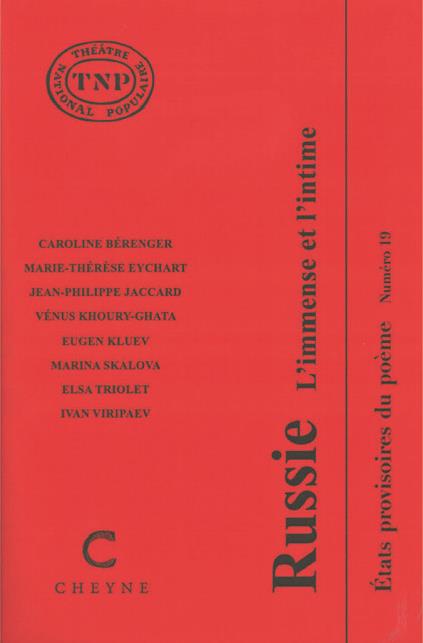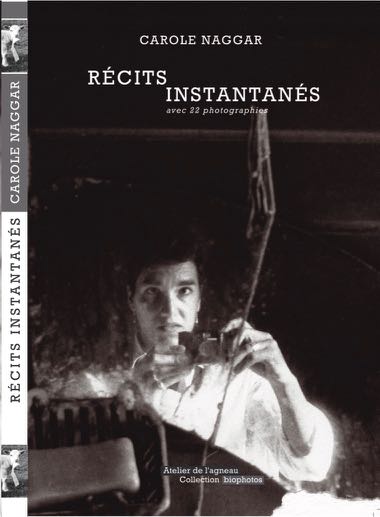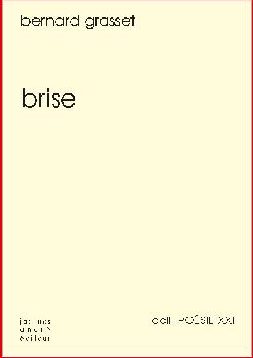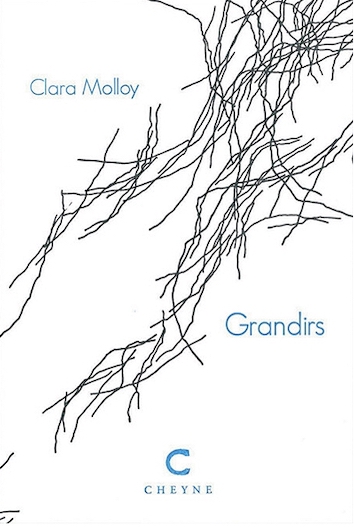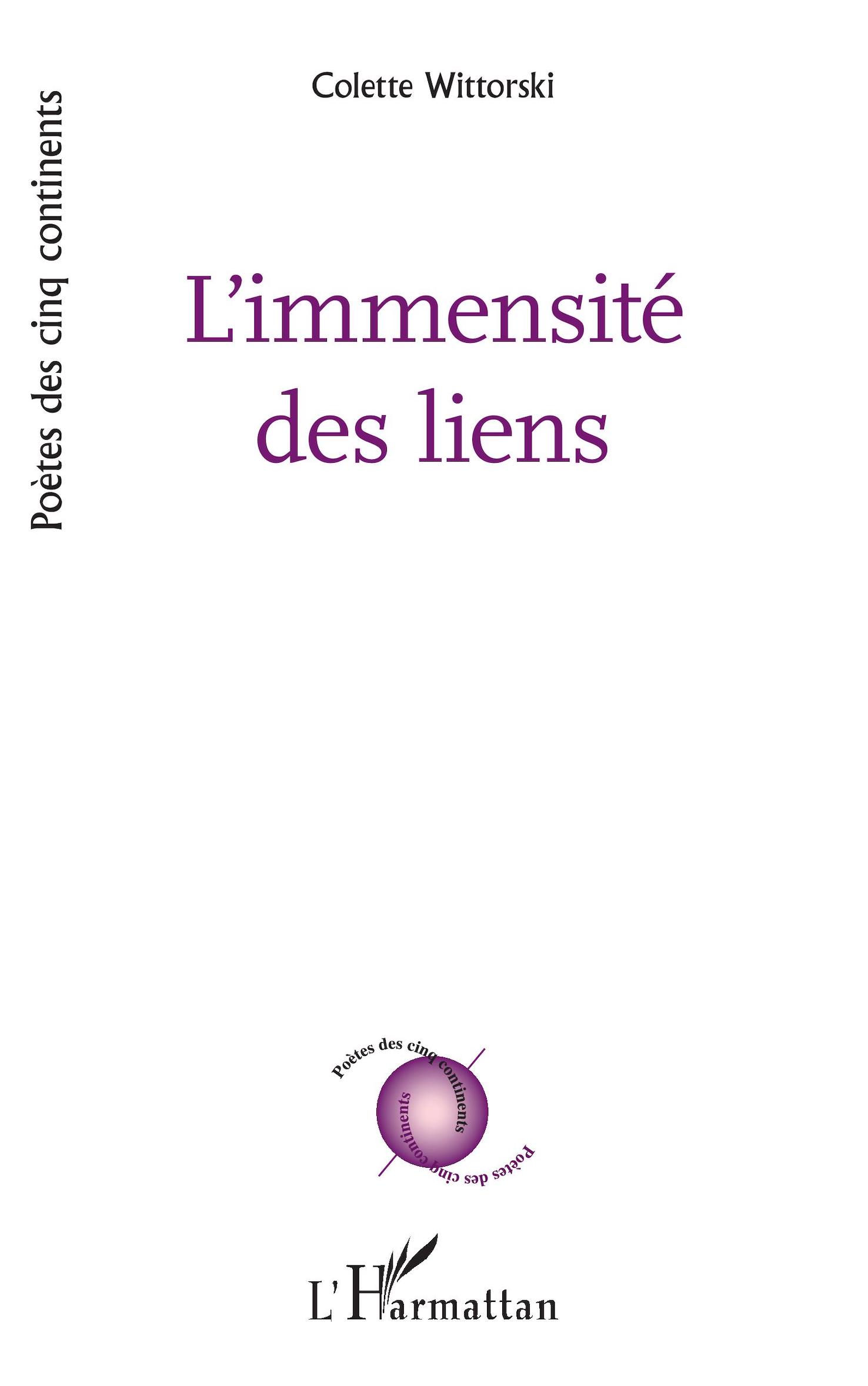After Phillis Wheatley* Sailed
To England
Master took me into town
where the big boats dock.
I stopped loading the wagon
and stared at the water.
The horizon had a familiar
glow. I touched my skin
and remembered chains.
An elder in the Square
was weeping. He said we
could only return home
after the invention of the
airplane. Is this true, Phillis?
Until then, must we stand
in the middle of the fields
with our arms open?
Suite au départ de Phillis Wheatley pour l’Angleterre
Maître m’a emmenée en ville
où les gros bateaux entrent au bassin.
J’ai arrêté de charger la charrette
et j’ai regardé fixement l’eau.
L’horizon avait repris
son incandescence habituelle. J’ai touché ma peau
et je me suis souvenue de chaînes.
Un ancien assis dans le Square
pleurait. Il disait que nous
ne pourrions rentrer
qu’après l’invention de
l’avion. Est-ce vrai, Phillis?
Jusqu’à ce moment-là devrions-nous
rester debout au milieu des champs
avec nos bras ouverts?
*Née en Gambie, Phillis Wheatley fut vendue en esclavage à l’âge de sept ans. Elle fut le premier poète afro-américain publié aux États-Unis en 1773.
Traduction en français d’Elizabeth Brunazzi


